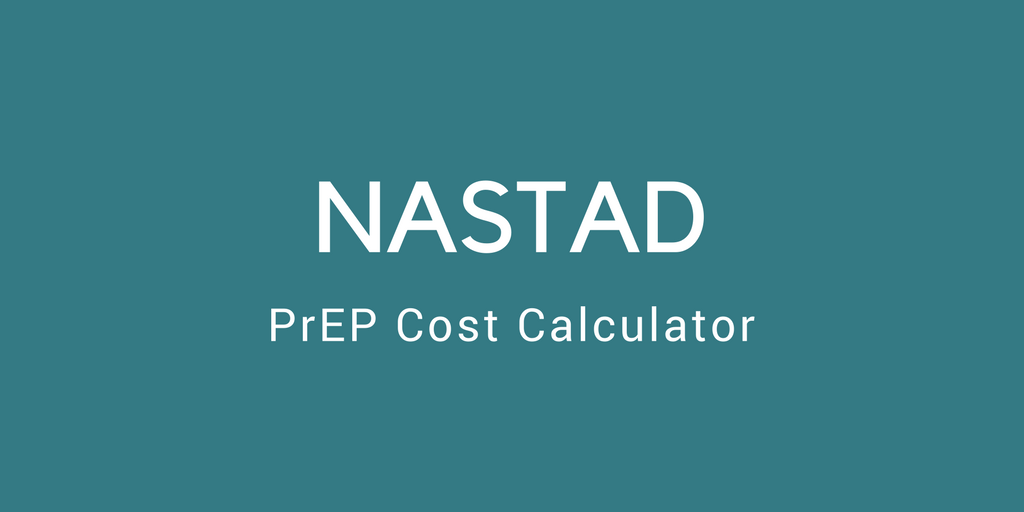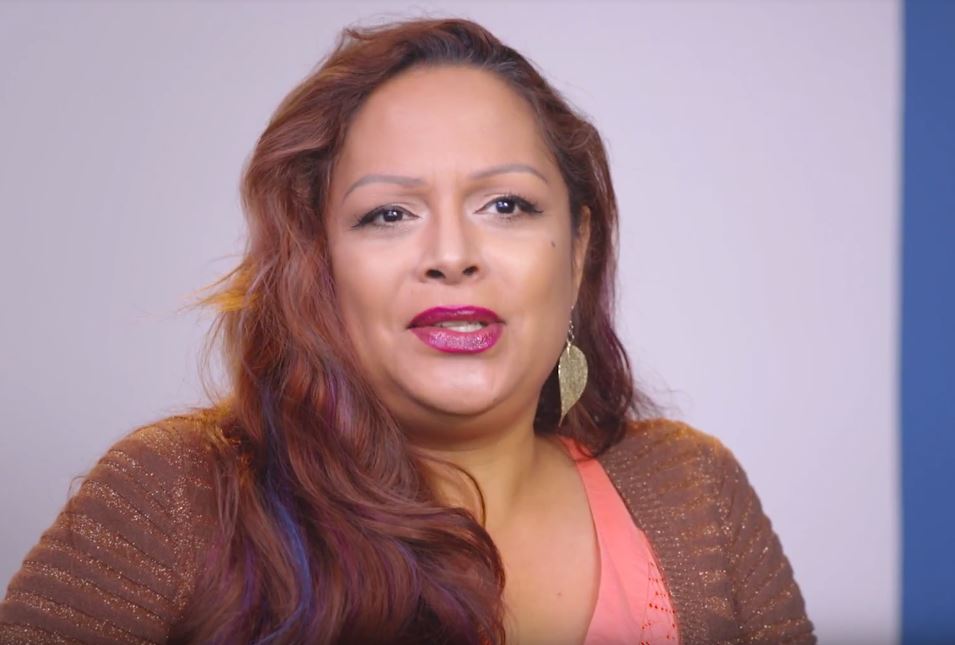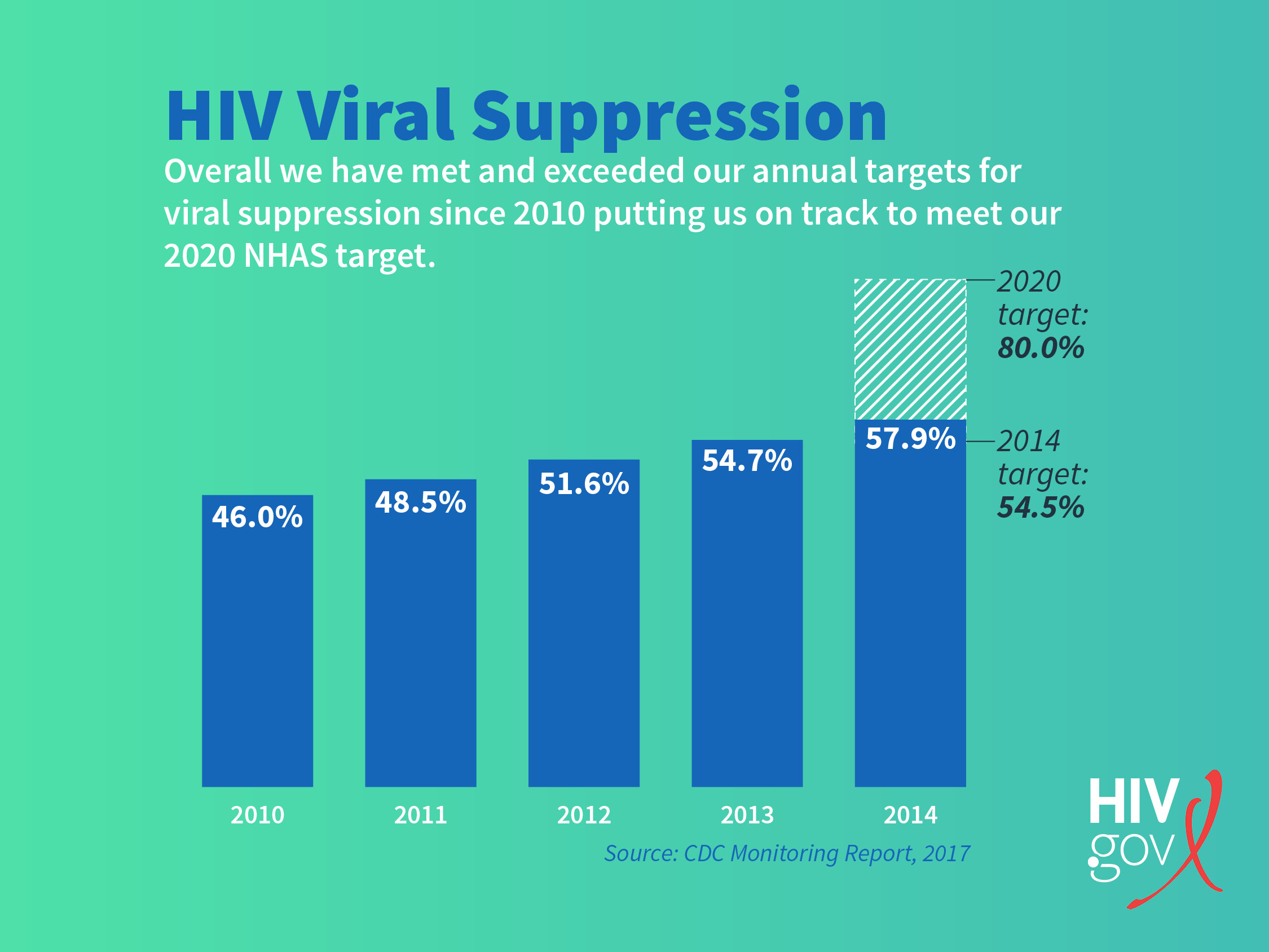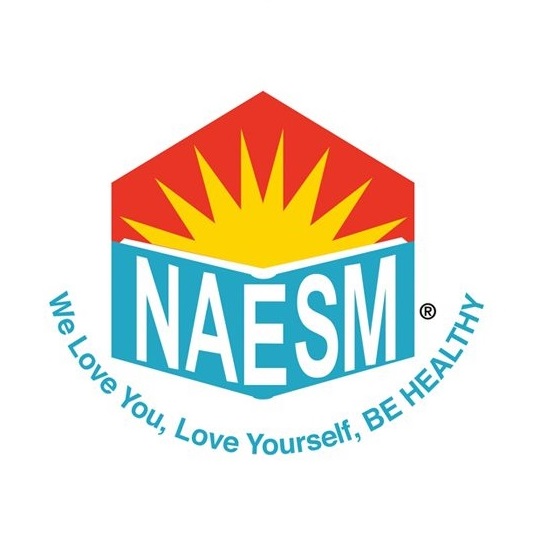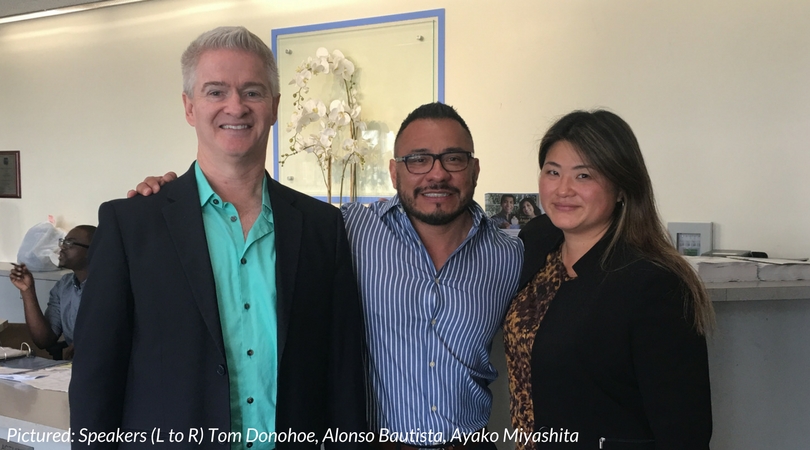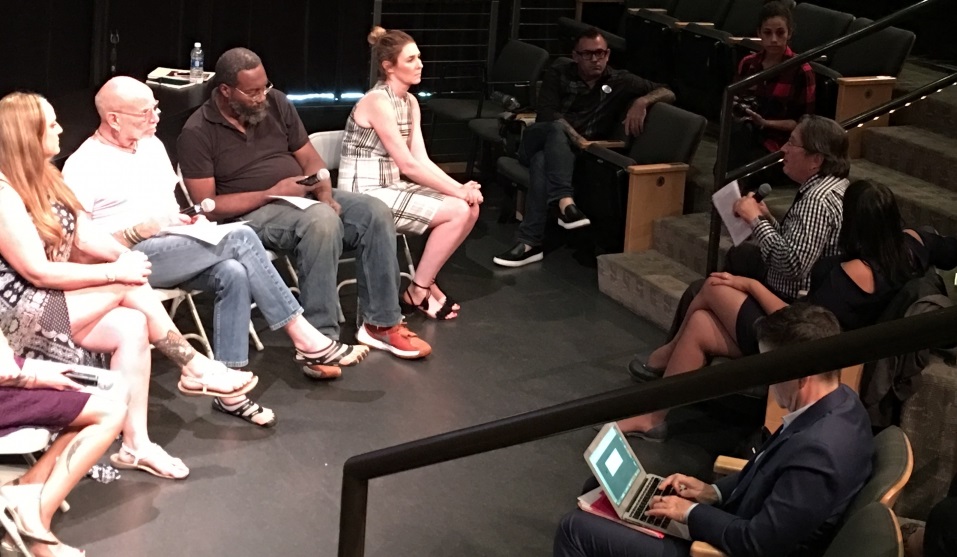Atlanta, GA – NAESM, Inc. announces the third annual Build-a-Brother Youth Scholars Institute (BABI). BABI begins with a four-day peer-led training institute for young Black gay men at the 15th Annual National African American MSM Leadership Conference on HIV/AIDS and other Health Disparities. The selected cohort will also attend a second round of trainings to further develop their knowledge and skills. In between both conferences, participants will have the opportunity to work with a mentor to design and implement a community project.
Applications for the third Youth Scholars cohort are open until November 17th at 11:59 PM EST and can be completed HERE. Applicants must be between the ages of 18 to 29, live in the southern region of the United States, and have experience serving their community.
“I am excited to again provide this great opportunity. BABI will allow us to sharpen the next generation of young Black gay and bisexual men,” said Darwin Thompson, Executive Director of NAESM, Inc. “NAESM hopes to continue this fight within the HIV epidemic by building new leaders and creating a new opportunity for work that focuses specifically on young Black men who have sex with men (YBMSM).”
Twenty youth scholars will be selected to participate in the program. Scholarships will cover hotel and transportation for both training periods. The institute will develop the participants in the areas of professional growth, leadership skills, grant writing, biomedical interventions (PrEP, PEP, and Treatment as Prevention), current epidemiology, social marketing, and personal branding. In addition to these training sessions, scholars will receive special presentations from speakers from the conference to discuss how their work relates to the lives of YBMSM.
Quick Facts:
Applications: Now Open
Deadline: November 17th at 11:59 PM EST
Location: Atlanta, Georgia
Application Site: https://naesm.wufoo.com/forms/z8s5hrm120k7aa/
NAESM Youth Scholars Track
Purpose: With the increasing demand for professional and leadership development around the lives of Young Black Men who have Sex with Men (YBMSM), NAESM, Inc. of Atlanta, Georgia is introducing its third annual, Build-a-Brother Youth Scholars Institute track at the 15th annual National African American MSM Leadership Conference on HIV and other Health Disparities. This unique track will bring together 20 YBMSM from the southern region of the United States to be trained in professional and leadership development to strengthen their skills around decreasing HIV and other health disparities in their communities.
Process: 20 YBMSM will be selected as 2018 Youth Scholars, who will experience their own track at the National African American MSM Leadership Conference on HIV and other Health Disparities. Scholars will attend additional 4-day training in the areas of professional development, leadership development, grant writing, biomedical interventions (PrEP, PEP, and Treatment as Prevention), current epidemiology, social marketing, and personal branding. In addition to these training sessions, scholars will be receiving special presentations from speakers from the conference to discuss how their work is relevant to the lives of YBMSM. The scholars will then be tasked with creating their own personal statements, development plans for their ideas, and will propose an original idea of ways to enhance the lives of YBMSM. On the final day of the track, Youth Scholars will present their work and ideas to their peers.
Applications: The application process for the Youth Scholars will be open to applicants from the following Southern states: Delaware, Maryland, Florida, Georgia, Kentucky, Louisiana, Oklahoma, Texas, Arkansas, Alabama, Kentucky, North Carolina, South Carolina, Virginia, West Virginia, Mississippi, Tennessee, and Washington, D.C.


